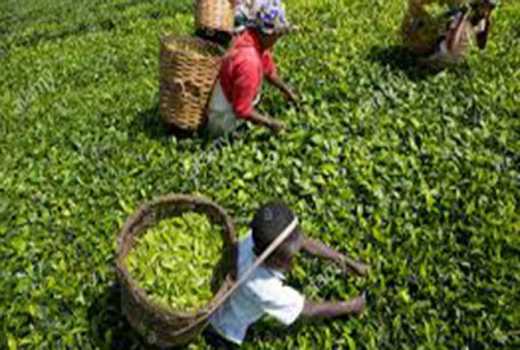
With incessant industrial action, resistance to mechanisation of farms, and never-ending agitation by labourers for higher wages in the face of thinning revenues, the timing for when the tea industry’s growth model will run out of steam is probably the most critical question facing Kenya’s economy. More important than the actual timing, however, is the nature and repercussions of the current crisis in which the industry finds itself.
It is a story of powerful unions and political inertia - a stark example of self-destruction. Connected to these economic and social contradictions that include a huge number of unskilled labourers demanding exorbitant pay and luxurious lifestyles that the public service offerings cannot sustain is widening opposition to mechanisation of farms by workers’ unions, underscoring the unsustainability of the current path of production in the tea sector.